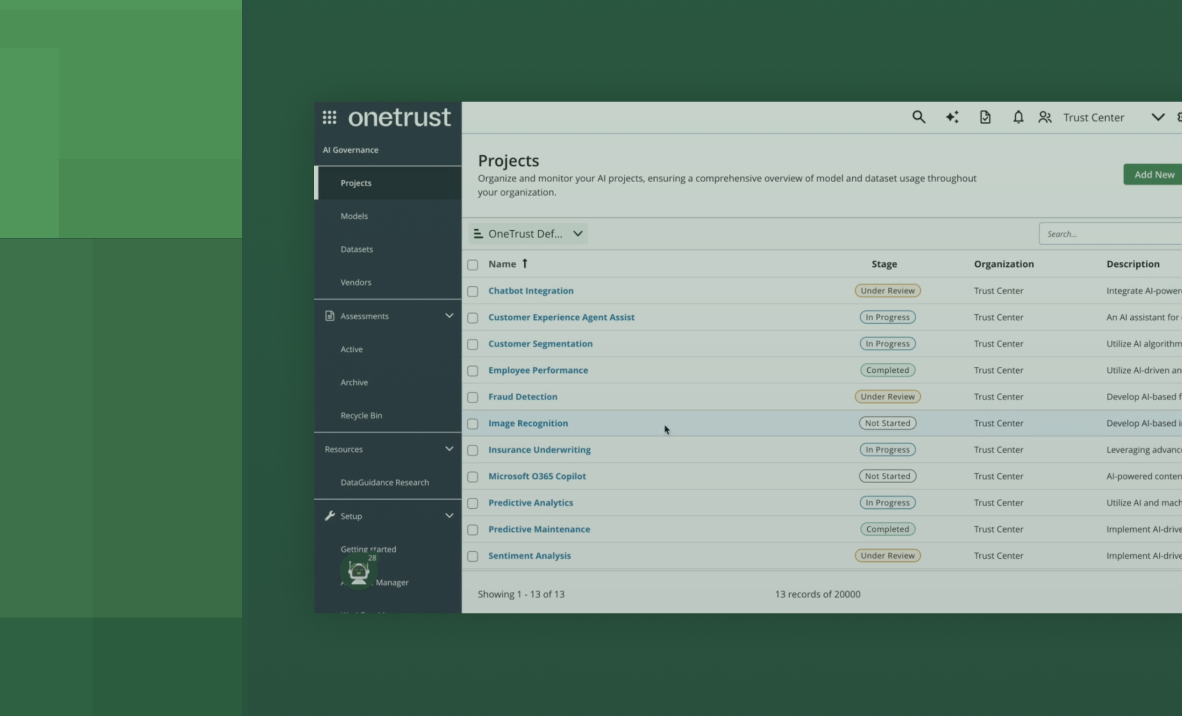The list of gatekeepers is as follows:
| Alphabet | Amazon | Apple |
|---|
- Google Maps
- Google Play
- Google Shopping
- Google Chrome
- Google Search Console
- Google Ads
- YouTube
- Android
| - Amazon Marketplace
- Amazon Ads
|
|
| ByteDance | Meta | Microsoft |
|---|
|
| - Facebook
- Instagram
- WhatsApp
- Messenger
- Facebook Marketplace
- Meta Ads
|
|
What rules do the gatekeepers have to follow?
With the DMA in place, gatekeepers will have the following obligations.
| Gatekeeper's Dos: | Gatekeeper's Don'ts: |
|---|
- Let third parties inter-operate with their services when required
- Let users access their data
- Let companies that advertise on their platform have the tools they need to carry out their own independent verification
- Let users conduct business outside of their platform
| - Favor their services over others
- Prevent customers from using businesses outside their platforms
- Prevent users from un-installing any pre-installed software
- Track users outside of the core platform for advertising, unless consent has been granted
|
The European Commission will be the governing body for the DMA, and it will classify additional companies as gatekeepers when it sees fit, update gatekeeper obligations as digital markets evolve, and design remedies to prevent companies from repeatedly breaking the rules in place.
Enforcements
There are penalties in place for non-compliance, which include up to 10% of the company’s global annual revenue for one infringement, and up to 20% for multiple infringements.
In addition to the penalties, gatekeepers may be subject to further financial ramifications, proportional to the offense committed. There is also a possibility for non-financial remedies, which could include restructuring of the business or changing certain processes to ensure compliance.
What changes are going on in the tech industry?
Along with the changes brought about by the DMA, the rest of the digital advertising industry has also been at work raising the standards of personal privacy in the AdTech world.
IAB TCF 2.2
The IAB Transparency and Consent Framework (TCF) is a set of technical specifications that helps organizations comply with the GDPR. IAB TCF updated its rules to version TCF 2.2, which made changes to the collection of data and consent reflecting recent legal rulings. Notably, “legitimate interest” was removed as a basis for collecting personal data for targeted advertising and personalized content. Explicit consent must be collected to go about delivering these experiences.
TCF 2.2 has also recommended more transparency to end users, with more detailed descriptions of how data is being processed and the purpose for which it’s being used. This also includes having an easily accessible CMP interface for users to change their consent and preferences if required. Along with these changes, IAB TCF has also updated a few technical matters, deprecating the getTCData command and requiring vendors to use the TC string.
Google Consent Mode v2
Google has announced an update to its Consent Mode, which now includes two more fields of information along with allowing the consent string to support approved vendors, as well as interoperability of CMPs that support IAB TCF 2.2 and Consent Mode v2. Along with this, Google also released a list of approved CMP vendors that meet their new requirements in order to deliver ads on AdSense, AdMob, or Ad Manager.



























